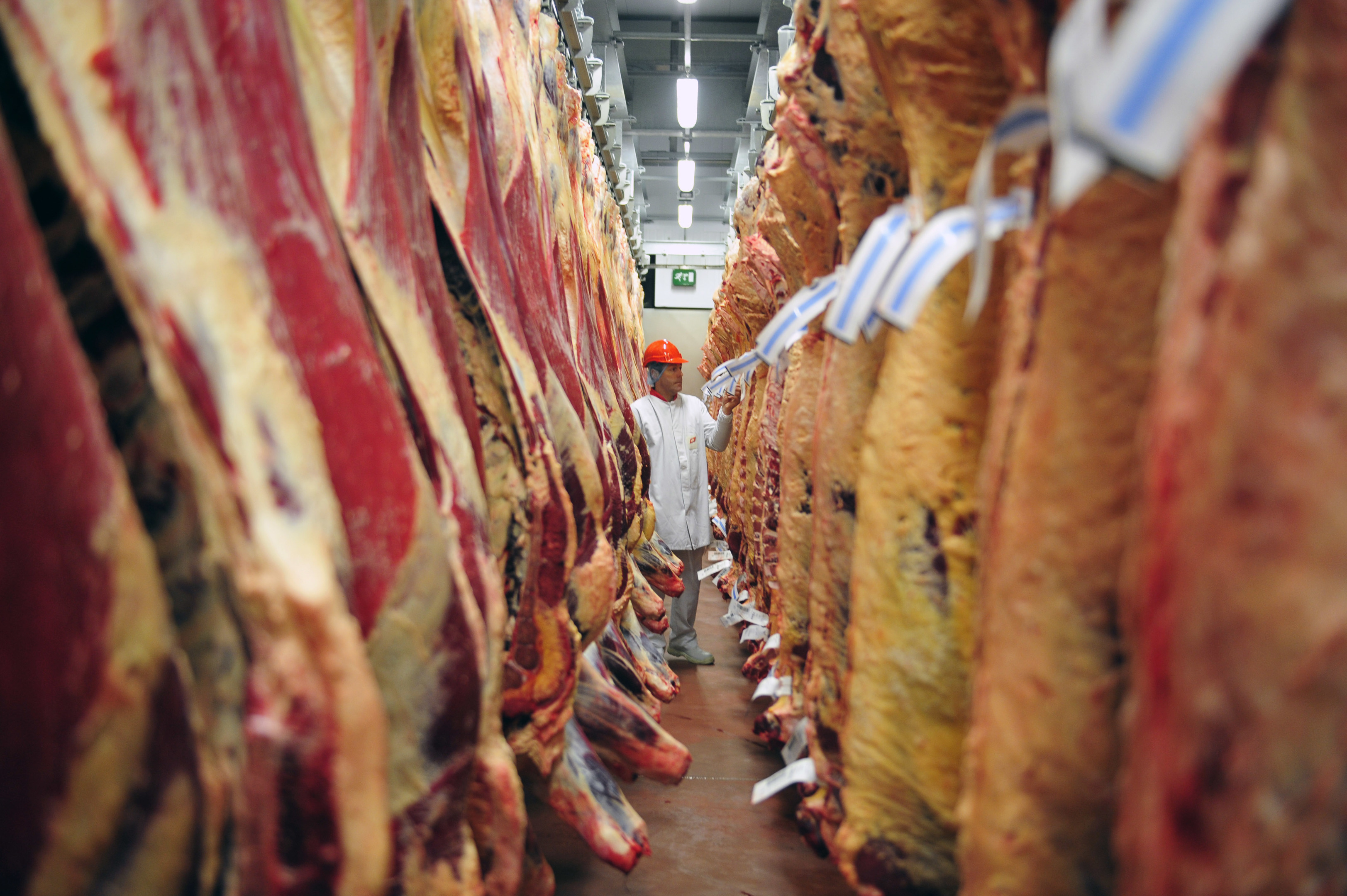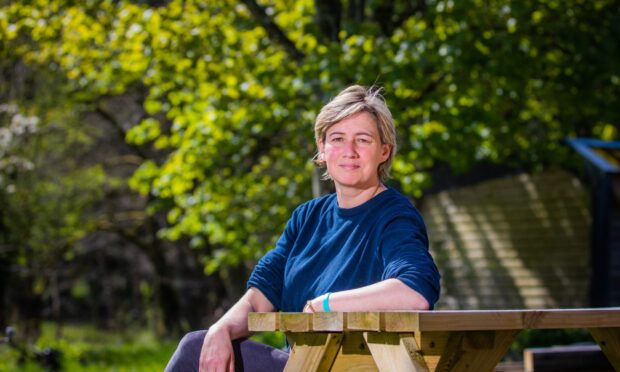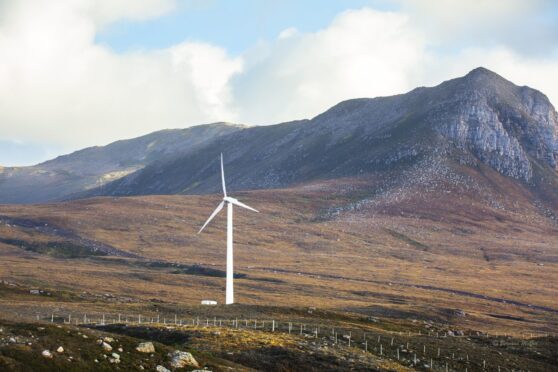Declining cattle numbers and a lack of adequate supplies have overtaken concerns over Brexit as the looming worry of 2018 for Scotland’s meat processors.
In an end of year wishlist they have appealed to farmers to increase production and say that an upturn in livestock numbers is the top requirement for the future success of Scotland’s red meat industry.
Frank Clark, the president of the Scottish Association of Meat Wholesalers (SAMW) said that a need for an increase in cattle numbers put everything else the industry will face next year into context.
“We would obviously welcome a good red meat deal on Brexit, ideally agreed in 2018; alongside a reduction in red tape; a more collaborative approach from the regulatory authorities and a few other things as well,” he said.
“For most of our members, however, the overwhelming need for a stronger supply of Scottish livestock is the issue which overhangs red meat business planning and investment decisions as never before.
“While Brexit continues to dominate the business and political landscape, generating questions over future trading routes, tariffs and market access, it’s the persistent and damaging shortfall in domestic livestock supplies which is actually posing the biggest threat to the future of Scotland’s red meat industry.”
He called for production incentives and claimed that more “political energy” needed to be put into the floundering beef efficiency scheme.
However Mr Clark said he was encouraged by the agreement reached over the secured status of EU nationals currently working in the UK.
“This includes many valued employees on which SAMW member companies rely. Our post-Brexit requirement for sustained access to EU workers also needs to be addressed, of course, and we will keep arguing that case. Nevertheless, we do seem to be moving in the right direction on this issue.”
Other achievements in the past year included winning BSE negligible risk status in July 2017, the lowest risk level rating available, and securing a 9% growth in beef export values, alongside a 4% increase in export volumes.
nnicolson@thecourier.co.uk










